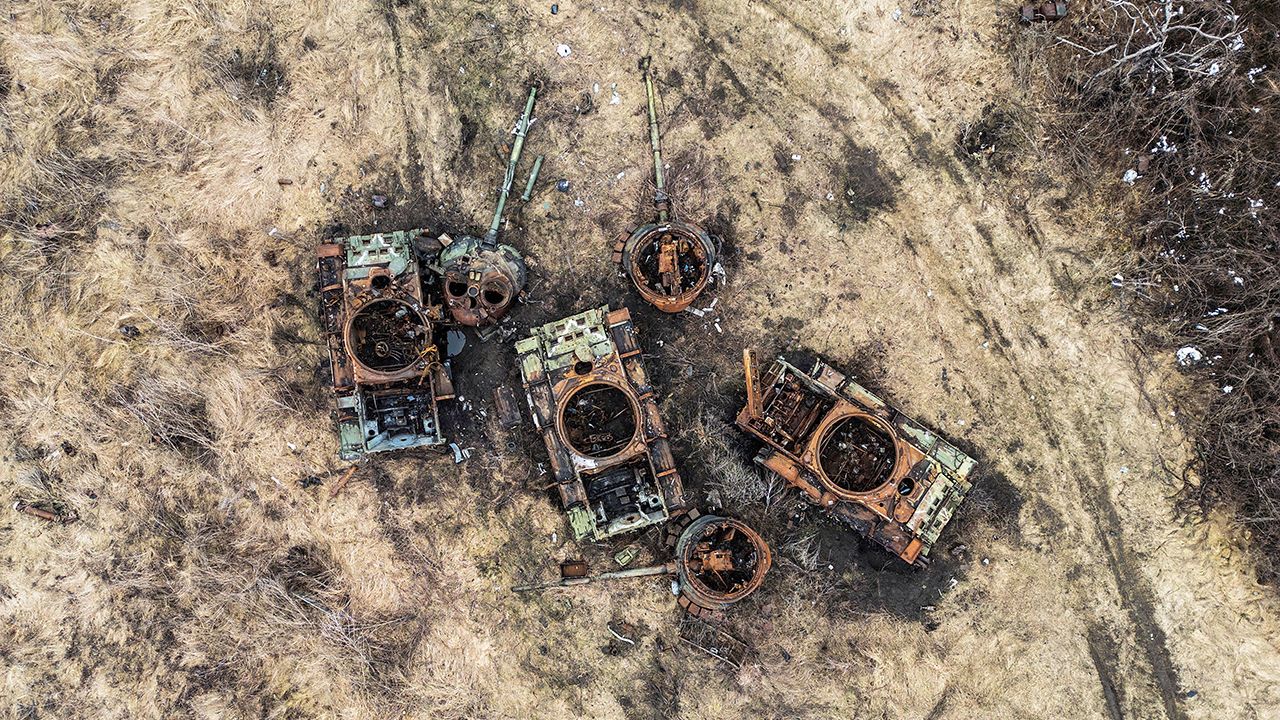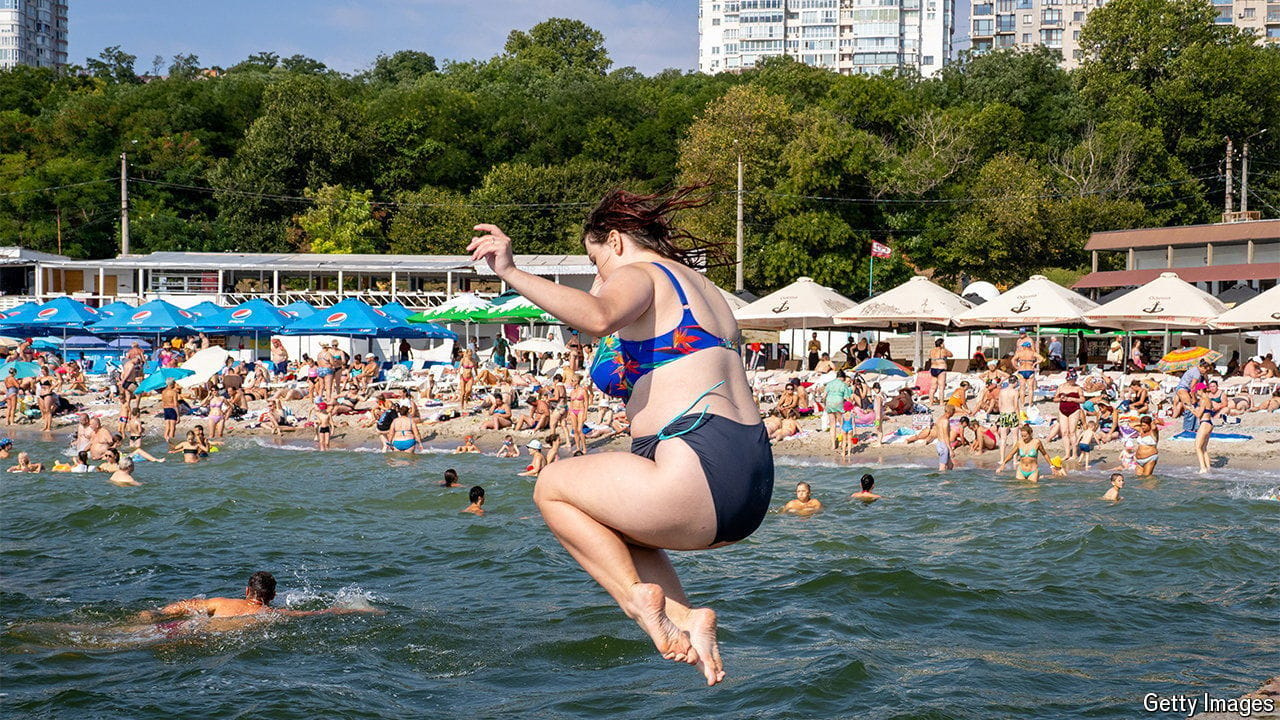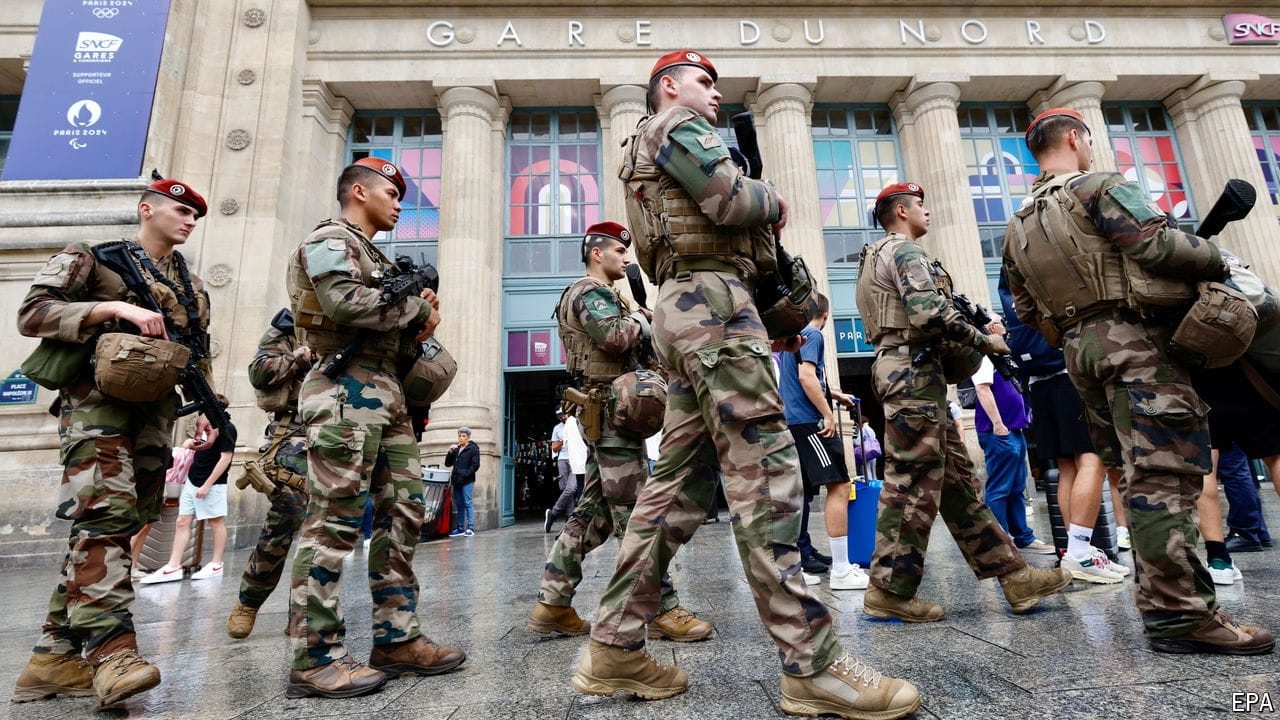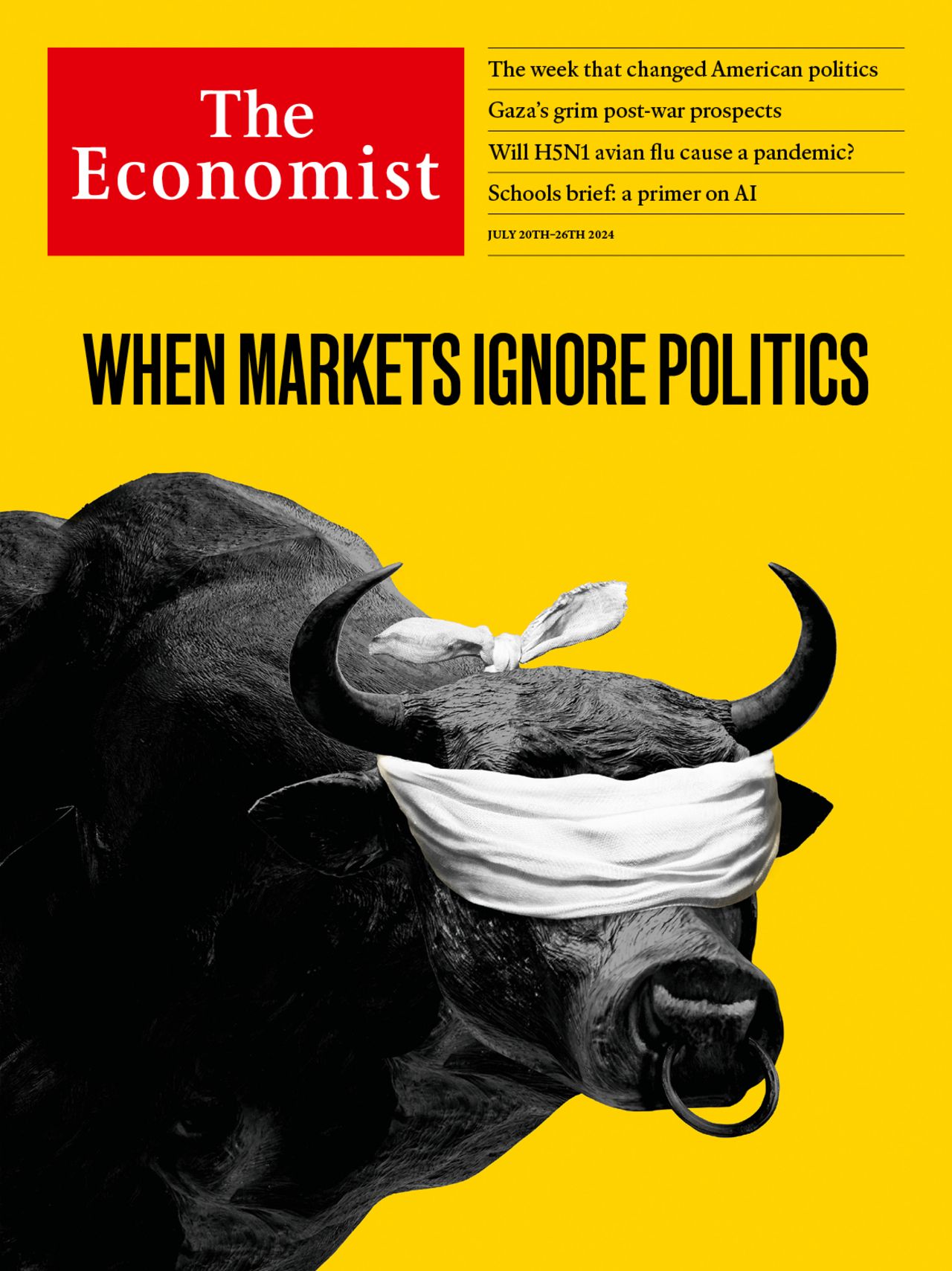Russia’s vast stocks of Soviet-era weaponry are running out
It may have to scale back its offensive in Ukraine

FOR A LONG time it seemed that a war of attrition between Ukraine and a Russia with five times its population could end only one way. But the much-vaunted Russian offensive against Kharkiv in the north that started in May is fizzling out. Its advances elsewhere along the line, especially in the Donbas region, have been both strategically trivial and achieved only at huge cost. The question now is less whether Ukraine can stay in the fight and more how long can Russia keep up its current tempo of operations.
The key issue is not manpower. Russia seems able to go on finding another 25,000 or so soldiers each month to retain around 470,000 men at the front, although it is having to pay more for them. Production of missiles to strike Ukrainian infrastructure is also surging. But for all the talk of Russia having become a war economy, with some 8% of its GDP devoted to military spending, it is able to replace its staggering losses of tanks, armoured infantry vehicles and artillery only by drawing out of storage and refurbishing stocks built up in the Soviet era. Huge though these stocks are, they are not infinite.
Explore more
This article appeared in the Europe section of the print edition under the headline “Running out”
More from Europe

Will a new “pact” of ten laws help Europe ease its migrant woes?
It will require an extraordinary number of institutions to work together

Amid the bombs, Ukrainians rediscover the beach
Odessa gives itself permission to tan again

Who was behind the arson attacks on railways before the Olympics?
With thousands stranded, suspicion falls on Russia or Iran
Italian right-wingers have renamed Milan’s airport after Silvio Berlusconi
A finger in the eye of those who detested the late populist leader
European countries are banding together on missile defence
The Ukraine war shows how dangerously few interceptors they have
Peter Magyar is reinvigorating Hungary’s struggling opposition
Attacking Viktor Orban’s corruption wins votes for a political newcomer
